Recently, the “ Shanghai Craftsmen” list for 2022 was unveiled. Three professors from Shanghai Jiao Tong University School of Medicine (SJTUSM) made the list. Professor Wang Weiqing from Ruijin Hospital, Professor Xue Song from Renji Hospital, and Professor Wang Yudong from the International Peace Maternity & Child Health Hospital were honored with the title of“ Shanghai Craftsmen” for 2022!
Congratulations!
Thumbs up to the master craftsmen from the SJTUSM!
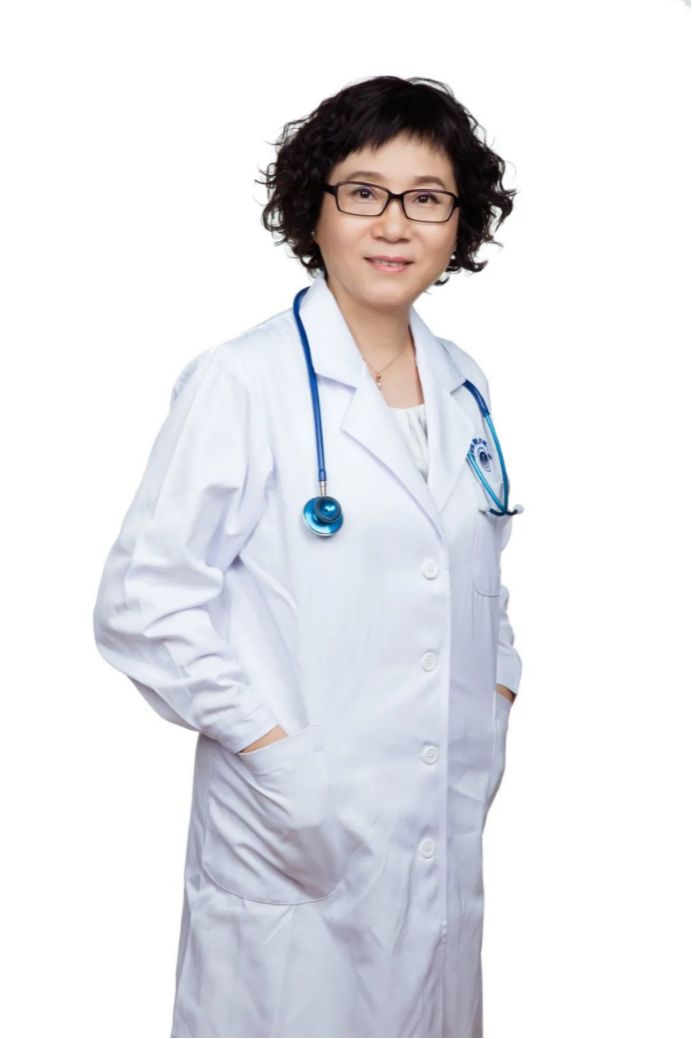
Wang Weiqing Ruijin Hospital Affiliated with SJTUSM
Professor Wang Weiqing has dedicated herself to the field of endocrine and metabolism for 37 years. She currently holds several roles, including a member of the academic committee of the Chinese Academy of Medical Sciences, a Level-2 professor (the second-highest professorial rank in China) at SJTUSM, and the Director of the Endocrine and Metabolism Department at Ruijin Hospital. She also serves as the Director of the National Clinical Research Center for Metabolic Diseases, the Director of the Key Laboratory for Endocrine and Metabolic Diseases of the National Health Commission, the Chairperson-designate of the Chinese Society of Endocrinology, and the Vice President of the Chinese Endocrinologist Association of the Chinese Medical Doctor Association.
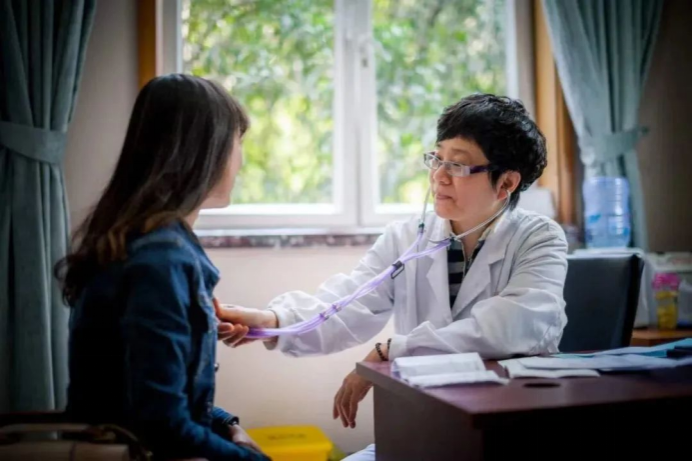
Professor Wang Weiqing independently developed the first domestically produced metabolic chamber in China. She established four technological systems and overcame five significant technological challenges in the development of the chamber, which allows for the precise monitoring and accurate analysis of the human body’s energy metabolism in diverse environments and conditions. With that, she introduced a refined approach to energy metabolism measurement, redefining our understanding of endocrine metabolic diseases and reshaping the future of metabolic wards. She pioneered the “All-in-One Device”, consolidating screening tests for seven complications into a single device, which enables patients to complete all complication examinations in 15 minutes, and eases the hassle for them to travel between different departments. The device has been adopted in 300 hospitals. Equipped with high-speed and high-definition macro industrial cameras and pressure sensors, the device integrates dynamic and static images of visible light and near-infrared light as well as pressure data, enabling a one-click, standardized, and automatic collection of eye sign images and data processing. She also developed a toilet that automatically collects feces, which is equipped with technologies such as sensing devices and identity recognition to achieve automated, standardized, and unobtrusive collection of metabolic samples. She unveiled, for the first time, the unique characteristics of gut microbiota linked with obesity in the Chinese population and innovatively introduced three new strategies to reshape gut microbiota and reduce blood sugar. She facilitated the application and transformation of probiotics into weight loss medicines. She has established a fully automated integrated sample processing system, which is the only endocrine clinical testing center in China to successfully pass the College of American Pathologists (CAP) accreditation reviews for 10 consecutive years.
She was the first to report on the characteristics of gut microbiota linked with obesity in the Chinese population, revealing that bacteroides thetaiotaomicron reduces serum glutamate levels, lowers lipid levels, and promotes weight loss. She has been granted a U.S. patent thanks to this finding. She was the first to confirm that acarbose inhibits glycoside hydrolases, increases probiotic abundance, and achieves metabolic benefits. She found that patients with Bacteroides-dominant gut type (B type) exhibit more favorable treatment outcomes, paving the way for a new direction in precision treatment guided by gut types. She also selected and developed a new formula of probiotics, coming up with a new approach to reshaping gut microbiota and lowering blood sugar levels.
Professor Wang Weiqing has led her team to establish the National Metabolic Management Center (MMC) featuring “one center, one-stop services, and one standard” and institute a standardized diagnosis and treatment process, which is adopted in 1,500 MMCs across 31 provinces and cities in China. The department she leads has been recognized as a national outstanding group of professional and technical talents for 12 consecutive years (as of 2021). She has mentored a large number of excellent young doctors, including over 40 master’s and doctoral students, with 12 individuals recognized as national-level talents. She has trained over a thousand physicians who came for advanced training from around China, one-third of whom have gone on to assume positions as department directors.
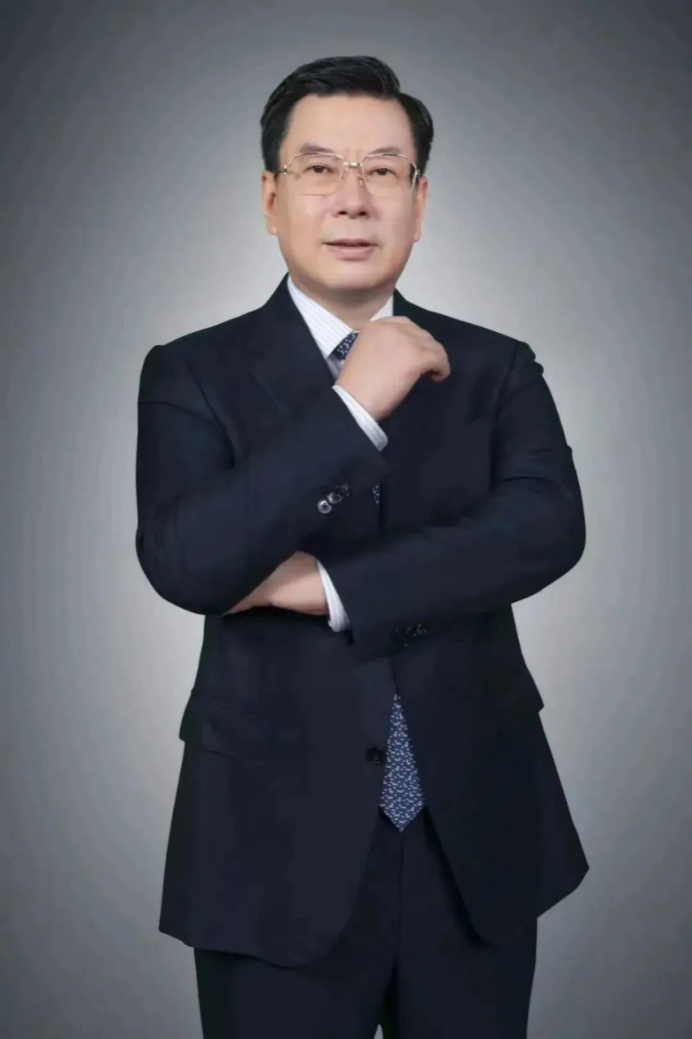
Xue Song Renji Hospital Affiliated with SJTUSM
Professor Xue Song has long been engaged in the field of cardiovascular surgery, dedicating himself to the frontline of clinical practices. He has personally performed over ten thousand complex cardiovascular surgeries.
He was among the first experts in China to perform off-pump coronary artery bypass graft (OPCAB) surgeries. He was the first to use the radial artery as a graft in coronary artery bypass graft (CABG) surgeries and the first to perform a second-time OPCAB surgery in the East China region. He was the first to perform OPCAB surgeries using acupuncture anesthesia in China and was among the early practitioners of minimally invasive single and multiple CABG surgeries. In order to accelerate the development of OPCAB surgeries in China, he forged partnerships with over thirty provincial-level and municipal-level hospitals, assisting them in implementing OPCAB techniques. Since 2016, he has hosted fifteen sessions of National Coronary Artery Surgery Basic Training Courses, training a large number of talents in the field of coronary artery surgery for the country. His extensive research, both basic and clinical, on CABG earned him the Second Prize of the “Shanghai Medical Science and Technology Progress Award” in 2021.
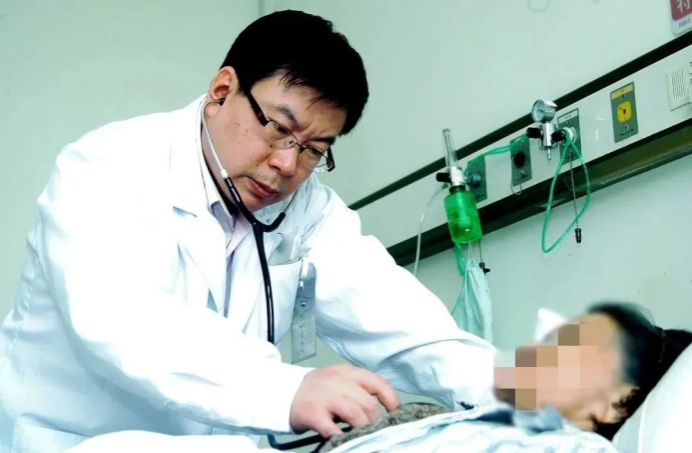
In the field of aortic surgery, Professor Xue Song was an early advocate of a fast track for the treatment of patients with acute aortic dissection in China. He established the “Integrated Diagnosis and Treatment System for Acute Aortic Diseases” in Pudong New Area, initiating the development of a regional fast-track system for the treatment of acute aortic dissection. He established China’s first teams for interventional procedures and hybrid surgeries of aortic dissection. He was the first in the East China region to adopt three-branched stent graft artificial blood vessels to treat acute type-A aortic dissection, which further simplified surgery procedures.
After nearly two decades of development, the team led by Professor Xue Song has evolved into a prominent aortic surgery center in the East China region. The team has successfully performed some of the most challenging procedures in the field of cardiovascular surgery, including total thoracoabdominal aortic replacement, David Procedure, and hybrid therapy, positioning them at the forefront of aortic surgery in China. In the field of heart valve surgery, he performed the first “double valve replacement surgery using acupuncture anesthesia” and the first “quadruple valve replacement and ventricular septal defects correction surgery”. He is committed to the development of minimally invasive heart valve surgery. As early as the beginning of 2000, he was an early practitioner, both individually and representing his institution, of minimally invasive thoracoscopic double valve replacement surgery. In 2021, a video of him performing a minimally invasive double valve replacement surgery was showcased at the annual meeting of the Society of Thoracic Surgeons (STS) in the United States.
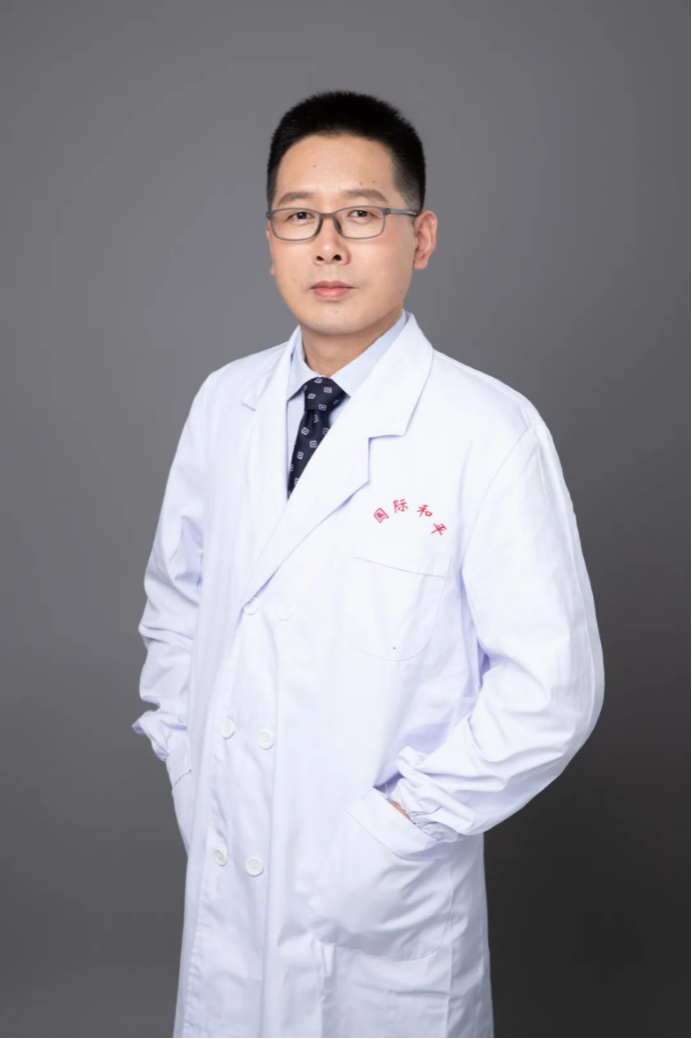
Wang Yudong International Peace Maternity & Child Health Hospital Affiliated with SJTUSM
Wang Yudong, male, born in April 1974, a CPC member, is a doctorate in medicine and a chief physician. He currently serves as the Vice President of the International Peace Maternity & Child Health Hospital Affiliated with SJTUSM and is recognized as a discipline leader in the field of Gynecology. He also holds the position of a doctoral supervisor at the SJTUSM and a visiting scholar at the James Cancer Hospital in the United States. He has been honored with titles such as Outstanding Discipline Leader in the Shanghai Healthcare System and Outstanding Discipline Leader of Shanghai.
Professor Wang Yudong has been nominated for the Shanghai Foundation Eminent Youth Award of Healthcare System (the “Silver Snake” Award), honored with the Shanghai Compassionate Physician Award, and recognized as one of the “Forces Driving the Advancement of Industries” or top 10 experts making significant contributions to the field of medicine. He has led his team to establish the Medicine and Engineering Interdisciplinary Research and Innovation Base at Shanghai Jiao Tong University. He played an important role in his hospital department’s designation as a key medical specialty in the field of gynecologic oncofertility by the Shanghai Municipal Health Commission. He founded and currently serves as the Director of the Gynecologic Oncofertility Branch of China Healthy Birth Science Association.
Over the last two decades, he and his team have been devoted to advancing minimally invasive surgeries in the field of gynecologic oncology, performing over 1000 surgeries annually. He pioneered the “Karez-digging” method, an innovative procedure in minimally invasive surgeries for treating cervical cancer. This method was subsequently adopted by many of his peers, leading to an improved 5-year postoperative survival rate for patients.
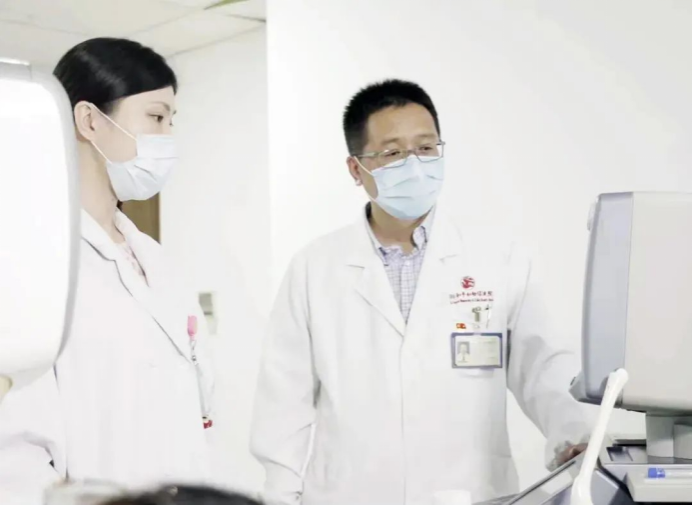
Professor Wang Yudong champions a multidisciplinary approach to treating gynecologic oncology patients. He has successfully treated many cases of pregnant women with gynecologic malignancies. He refined the laparoscopic radical trachelectomy (preserving the uterus and uterine arteries), enriching the diagnostic and treatment techniques for cervical cancer during pregnancy. This innovation resulted in the successful treatment and delivery of the world’s first patient diagnosed with locally advanced cervical cancer (stage IB3) at 13 weeks of pregnancy.
He was among the first internationally to come up with a rapid diagnostic method for ectopic pregnancy. He co-authored the bookEctopic Pregnancy and formulated the Chinese experts’ consensus in this field. His contributions not only increased the early diagnosis rate of ectopic pregnancies, thereby reducing maternal mortality, but also led to a decrease in medical expenses. In recognition of these clinical research achievements, he was honored with the “Shanghai Medical Science and Technology Achievement Promotion Award”.
He conducted research on conservative therapies for uterine fibroids and led a team to assist Academician Chen Yazhu in completing the clinical translation of China’s first phased-array focused ultrasound system for treating uterine fibroids, introducing a non-invasive devascularization therapy that achieves favorable treatment outcomes.
In terms of academic research, he was the first to propose the use of antipsychotic drugs and cyclic cryotherapy for treating endometrial cancer. He successfully secured funding from the National Natural Science Foundation as well as the municipal administrations and bureaus in Shanghai for 20 projects. He has published over 120 papers, including 70 SCI-indexed papers, and filed applications for 5 patents.

